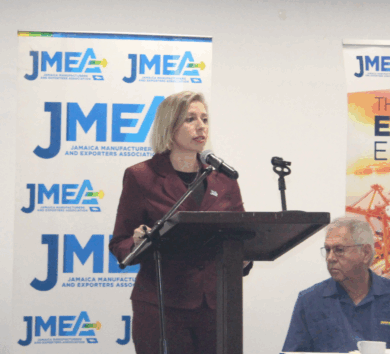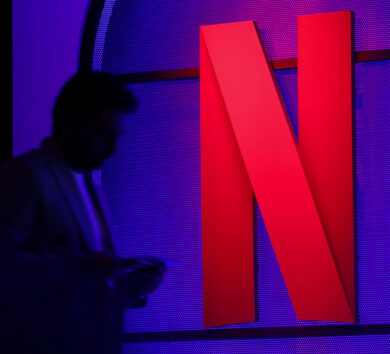
Jamaican Teas is being bullish in its investment subsidiary, QWI, increasing its shareholding in the company through the acquisition of additional shares.
Over the last quarter, the company has purchased an additional 30 million shares in QWI, increasing its shareholding to 309 million shares or 22.6 per cent of QWI’s issued and outstanding shares.
Combined with its connected property holding and investment entity, KIW, which has an 18 per cent stake in QWI, Jamaican Teas now own 40.6 per cent of the investment company.

The John Jackson-chaired Jamaican Teas board, along with the management team lead by John Mahfood as Chief Executive Officer, decided to purchase the additional shares to increase shareholder value. The board and management team of Jamaican Teas are of the belief that buying QWI shares at an average price of 75 cents per share when the net asset value of QWI’s shares was well over $1.15 would provide a good return for Jamaican Teas’ shareholders.
Share price rising, justifying decision to acquire more QWI shares
At QWI, the share price has increased 20 per cent from 73 cents on November 30, 2020, to 88 cents on January 22, 2021, thus justifying the purchase of the shares. In return, the share price of Jamaican Teas has jumped by 46 percent from $1.94 on November 30, 2020 to $2.85 on January 22, 2021.
During the just-ended December 2020 quarter, QWI recorded realised and unrealised investment gains for QWI of $132 million owing to improvement in the prices of stocks on the Jamaican and United States Exchanges continuing with the stronger performance in the latter. Along with the $132 million gain, QWI also earned dividend income of $10 million, resulting in a pre-tax profit of $116 million and $86 million after tax, versus a loss of $94 million in December 2019 quarter.
The expectation is for a continuation of the trend in 2021, as economic performance locally and overseas continues to recover from the dislocations of 2020 caused by the Covid-19 pandemic.
Jamaican Teas first-quarter performance

The Jamaican Teas group enjoyed an outstanding first quarter ended December 2020 with rising sales and profits. The robust performance was fuelled primarily by strong growth in exports and positive contribution from QWI.
Group sales rose 41 percent to $611 million and profit attributable to the Group’s shareholders jumped 321 percent to $117 million. The improved profit result is even more outstanding when viewed against the backdrop that Jamaican Teas’ profits are now fully taxable, compared to the 2019 quarter that was taxed at 50 percent of the normal rate.
Export sales almost doubled from a year ago. The Real Estate Division contributed to the improved profits following completion of its Manor Park apartment complex.
In the area of manufacturing, the highlight for the quarter was the strong gain in our export sales, which rose 88 percent over the prior year, accounting for 64 percent of total manufacturing sales in the quarter. This contributed to manufacturing sales climbing 48 percent to $428 million.
Domestic sales increased seven percent compared with a year ago, another good performance against the background of continued decline in the wider economy. This acceleration in the growth rate was seen in the fourth quarter of the previous financial year.
Supermarket division saw slight decline
The supermarket’s contribution to the group’s results was reduced, due to the continued curfew restrictions on its hours of operation and the closure of most schools.

First-quarter revenues amounted to $135 million versus $142 million a year ago. The rate of sales decline was reduced progressively as the quarter elapsed, but the store will not achieve its full sales and profit potential until it can return to its former hours of operation, and schools and businesses in Kingston return to their previous levels of activity. However, the division remains profitable.







Comments